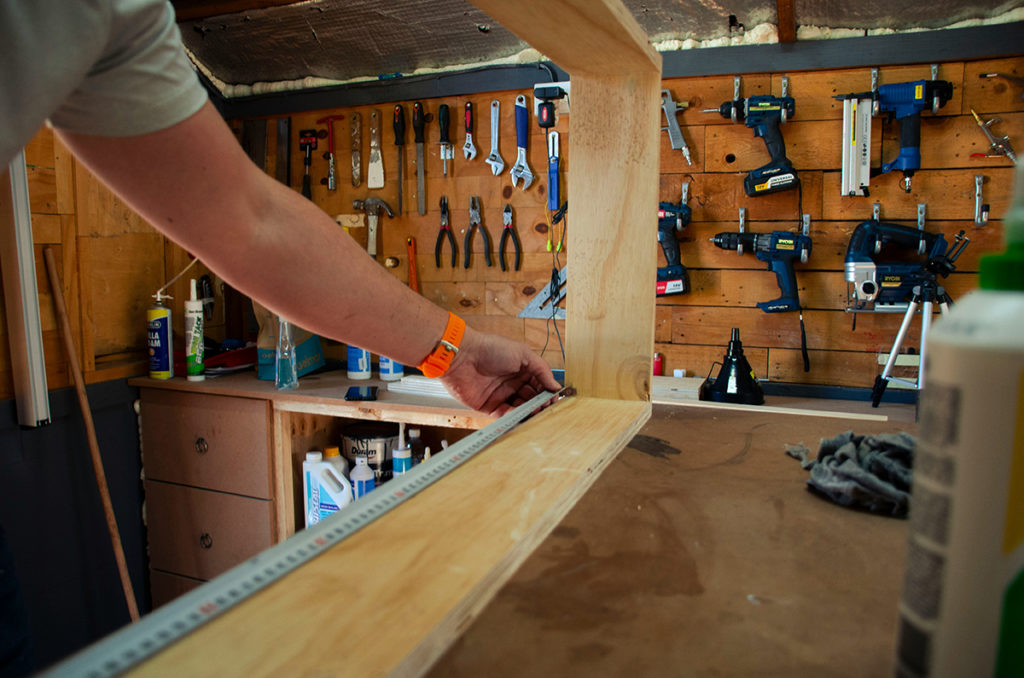Scotland’s homes need to be watertight and insulated before installing heat pumps and other renewable energies, warn key industry figures in a report outlining the country’s retrofit challenges.
Two out of five occupied homes are failing on quality standards particularly when it relates to energy efficiency, reveals Building Research Establishment Trust data. And over half of homes in Scotland don’t meet good energy efficiency levels, according to a government report published in 2023.
The Chartered Institute of Building’s policy and public affairs officer in Scotland Jocelyne Fleming said: “We need joined-up, holistic policymaking to meet the retrofit challenge we’re facing.”
Meeting Scotland’s Retrofit Challenge: solutions from the industry highlights that housing in disrepair undermines the effectiveness of clean heat solutions such as heat pumps, heat networks and electric-powered boilers.
Building professionals are urging the Government to take a ‘fabric first’ approach prioritising heat conservation, including repairs, and improvements to insulation, draught-proofing, and ventilation.
They warn that if this doesn’t happen then the country will struggle to tackle its fuel poverty and net zero target by 2045. Scotland has already scrapped cutting climate-damaging greenhouse gas emissions by three quarters by 2030. Last month first minister Humza Yousaf resigned after abandoning key green targets.
Scotland has challenges with retrofitting rural off-grid properties which require a bespoke package of works. Tenement flats are also considered ‘difficult-to-treat’ properties requiring a tailored set of measures.
“Developing a long-term retrofit delivery plan that considers how we will adequately resource these projects – both financially and with a sufficient pipeline with the right people and skills – will support both government and industry to achieve these objectives,” said Ms Fleming.
A ministerial oversight group should be set up
She said the plan would need to provide long-term targets and measurement tools driven by evidence.
The report has criticised the government’s reliance on energy performance certificates, EPC, as a measure of energy efficiency. It points out that EPC ratings don’t consider elements such as varying wall thickness, so buildings are often rated below their actual efficiency level.
The authors have called for a ministerial oversight group to ensure the necessary finance and skilled workforce is in place to deliver the plan.
The report is the culmination of 14 industry organisations working together to come up with solutions following a retrofit roundtable in May last year sponsored by Gordon MacDonald, MSP.
“Tackling retrofit is an important issue as we work towards reaching environmental targets like net zero,” he said.
Brokers Hank Zarihs Associates said development and refurbishment finance lenders would support SMEs looking to diversify into carrying out energy efficiency improvements on properties.












